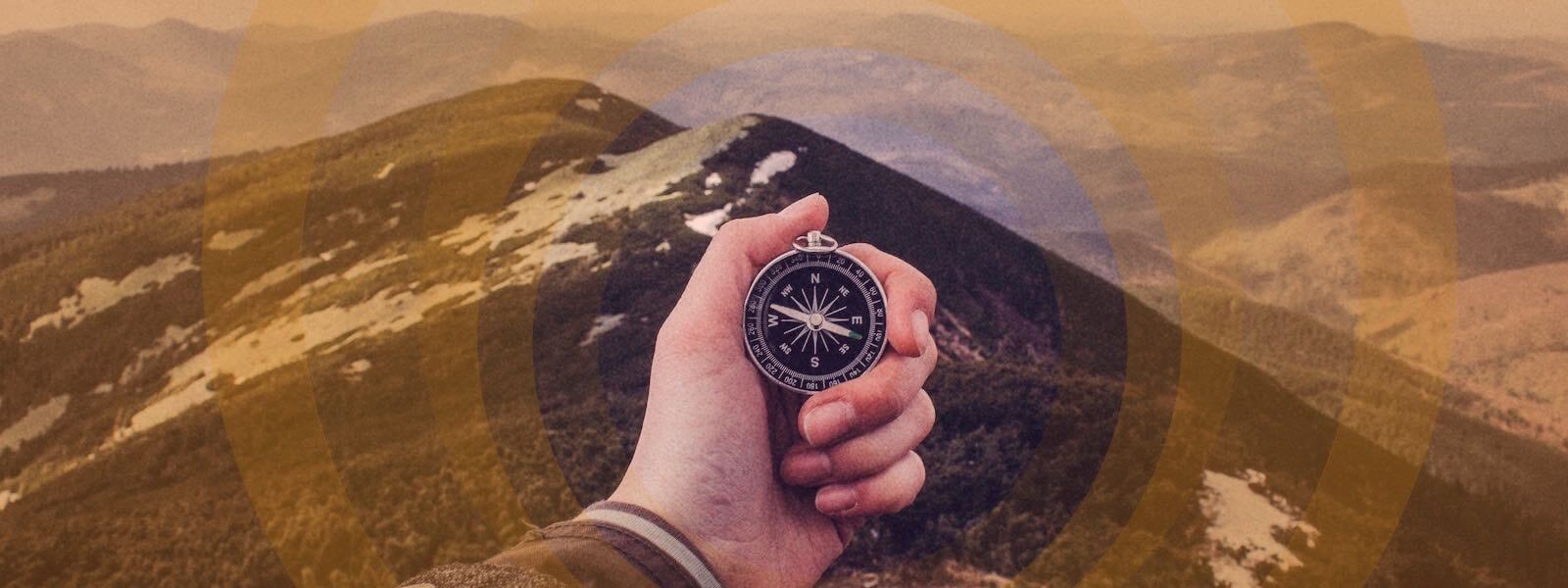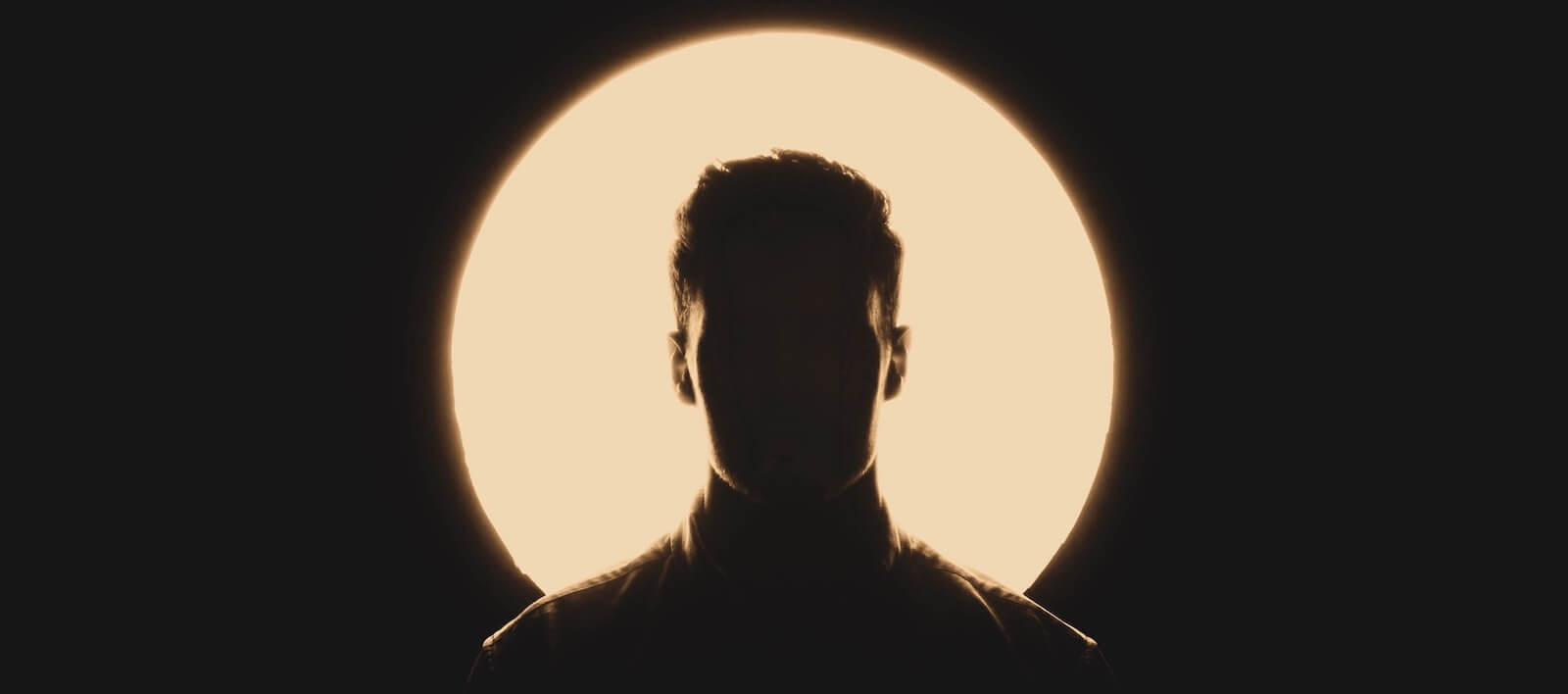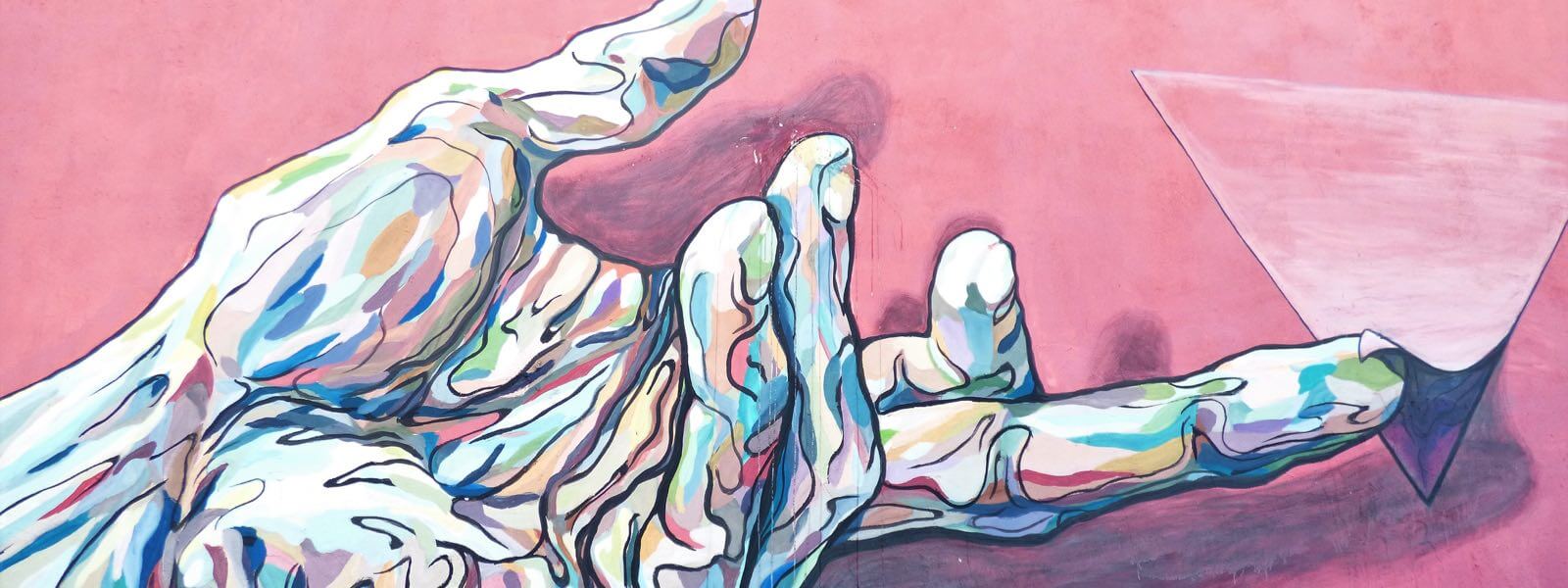For years, this book Awareness: the Perils and Opportunities of Reality kept getting recommended to me.
I finally read it recently.
And probably the most accurate thing I can say about my reaction to it is that I felt challenged.
I wouldn’t say I enjoyed it. But it’s been immensely productive for my thinking, especially about concepts like spirituality, identity, and self-awareness.
A couple things to note about the book before you dive in:
- The author, Anthony De Mello, was an Indian Jesuit priest and psychotherapist.
- The book itself is a series of short reflections which were originally talks he gave, and only after, transcribed into text.
What follows are a handful of my favorite quotes and passages from the book along with some brief reflections of my own.
On Relief
Even the best psychologist will tell you that people don’t really want to be cured. What they want is relief; a cure is painful.
Band-Aids are good. Until you start thinking about them as a substitute for surgery or eating a healthy diet.
On Renunciation
When you renounce something, you’re stuck to it forever. As long as you’re fighting it, you are giving it power. You give as much power as you are using to fight it.
Carl Jung: “what you resist not only persists, but will grow in size.”
On Listening
Are you listening for what will confirm what you already think? Or are you listening in order to discover something new?
Curiosity is the antidote to narcissism.
On Faith
That, ladies and gentlemen, is faith! An openness to the truth, no matter what the consequences, no matter where it leads you and when you don’t even know where it’s going to lead you. That’s faith. Not belief. Your beliefs give you a lot of security, but faith is insecurity.
I’ve often thought that terms like faith and belief seem incompatible with certainty… If you’re certain, why do you need to believe or have faith?
On Selfishness
There are two types of selfishness. The first type is one where I give myself the pleasure of pleasing myself. That is what we generally call self-centeredness. The second is when I give myself the pleasure of pleasing others. That would be a more refined kind of selfishness. The first one is obvious, but the second one is hidden, very hidden, and for that reason more dangerous…
The older I get, the more suspicious I am of cleverness—especially in myself.
On Doing Good
A good is never so good as when you have no awareness that you’re doing good.
Interesting given that the whole book is about becoming more aware…
Perhaps the distinction is that you can be aware without being self-conscious or premeditated.
On Loss
It’s not that we fear the unknown. You cannot fear something that you do not know. Nobody is afraid of the unknown. What you really fear is the loss of the known.
This one hit me hard.
Had never really thought about it like that. But the more I mull it over and apply it to different situations, the more true it seems.
On Wanting
If you want anything too badly, you’re in big trouble. You know something else? If I were enlightened and you listened to me because I was enlightened, then you’re in big trouble.
On Helpfulness
The only way someone can be of help to you is in challenging your ideas.
Initially, this struck me as absurdly simplistic.
But like many of the ideas in here, it grows on me the longer I sit with it and reflect on it.
On Suffering
The reason you suffer from your depression and anxieties is that you identify with them. You say “I’m depressed.” But that is false. You are not depressed. If you want to be accurate, you might say, “I am experiencing a depression right now.” But you can hardly say, “I am depressed.” You are not your depression.
Note that he isn’t making the claim that depression and anxieties aren’t real. Or that not identifying with them will make them go away. What he’s saying is that we suffer from our depression and anxieties because we identify with them.
On Judgment
What you judge you cannot understand.
This is a helpful inversion of the typical idea that you shouldn’t judge things you don’t understand.
On Discipline
When there’s something within you that moves in the right direction, it creates its own discipline.
Discipline is a natural result of working on things that matter.
On Expectations
If you ever let yourself feel good when people tell you that you’re O.K., you are preparing yourself to feel bad when they tell you you’re not good. As long as you live to fulfill other people’s expectations, you better watch what you wear, how you comb your hair, whether your shoes are polished—in short, whether you live up to every damned expectation of theirs. Do you call that human?
This is also the problem with positive thinking.
On The Afterlife
My experience is that it’s precisely the ones who don’t know what to do with this life who are all hot and bothered about what they are going to do with another life. One sign that you’re awakened is that you don’t give a damn about what’s going to happen in the next life.
Not something you expect to hear from a priest…
On The Self
You feel pretty strongly about certain things, and you think it is you who are feeling strongly about them, but are you really? It’s going to take a lot of awareness for you to understand that perhaps this thing you call “I” is simply a conglomeration of your past experiences, of your conditioning and programming.
It’s painful to admit how many of our opinions are just ripped off and vaguely repackaged.
On Grief
We never feel grief when we lose something that we have allowed to be free, that we have never attempted to possess. Grief is a sign that I made my happiness depend on this thing or person, at least to some extent. We’re so accustomed to hearing the opposite of this that what I say sounds inhuman, doesn’t it?
Yes, yes it does.
On Dependence
We all depend on one another for all kinds of things, don’t we? We depend on the butcher, the baker, the candlestick maker. Interdependence. That’s fine! We set up society this way and we allot different functions to different people for the welfare of everyone, so that we will function better and live more effectively—at least we hope so.
But to depend on another psychologically—to depend on another emotionally—what does that imply? It means to depend on another human being for my happiness.
Think about that. Because if you do, the next thing you will be doing, whether you’re aware of it or not, is demanding that other people contribute to your happiness. Then there will be a next step—fear, fear of loss, fear of alienation, fear of rejection, mutual control.
Perfect love casts out fear. Where there is love there are no demands, no expectations, no dependency.
I do not demand that you make me happy; my happiness does not lie in you. If you were to leave me, I will not feel sorry for myself; I enjoy your company immensely, but I do not cling.
The 11th commandment: Thou shalt not cling.
On Loneliness
Loneliness is not cured by human company. Loneliness is cured by contact with reality.
Reality can be other people, though.
On Change
You only change what you understand. What you do not understand and are not aware of, you repress.
My instincts are generally for action over insight.
But I wonder how much of that is because most of the insight-based approaches I’ve come across are not very rigorous?
On Fear, Anger, and Violence
There’s not a single evil in the world that you cannot trace to fear. Not one.
Ignorance and fear, ignorance caused by fear, that’s where all the evil comes from, that’s where your violence comes from.
The person who is truly nonviolent, who is incapable of violence, is the person who is fearless. It’s only when you’re afraid that you become angry.
I’m skeptical of the possibility for fearlessness. Or, for that matter, being incapable of violence.
On Control
What you are aware of you are in control of; what you are not aware of is in control of you.
I think I would rephrase it to: “What you are aware of is not in control of you…”
On Listening
When I’m listening to you, it’s infinitely more important for me to listen to me than to listen to you. Of course, it’s important to listen to you, but it’s more important that I listen to me. Otherwise I won’t be hearing you. Or I’ll be distorting everything you say.
The trick, of course, is to get good at doing both simultaneously.
I spent 7 years as a therapist practicing this very thing and still feel very inadequate to the challenge.
On Love
What does it mean to love? It means to see a person, a situation, a thing as it really is, not as you imagine it to be. And to give it the response it deserves.
Most of the time, I’ve seen love defined either as a feeling or an action.
But love as a way of seeing is interesting…
On Truth
Truth isn’t something you search for. If you stopped being opinionated, you would know.
Via negativa
On Happiness
Happiness is not the same as excitement, it’s not the same as thrills. That’s another illusion, that a thrill comes from living a desire fulfilled. Desire breeds anxiety and sooner or later it brings its hangover.
Can you have a thrill without desiring it?
On Identity
If I change my profession tomorrow, it’s just like changing my clothes. I am untouched. Are you your clothes? Are you your name? Are you your profession? Stop identifying with them. They come and go.
I’m open to this idea. But also skeptical that we can completely remove all identification from things like profession, family, or even name.
In any case, a good first step is probably some identity diversification.
On Belonging
Many say we have a natural urge to be loved and appreciated, to belong. That’s false… We have a natural urge to be free, a natural urge to love, but not to be loved.
I don’t know, man… I have four kids under 7, and the urge to belong seems pretty hardwired from a pretty early age.
On Enjoyment
When you have enjoyed something intensely, you need very little. It’s like people who are busy planning their vacation; they spend months planning it, and they get to the spot, and they’re all anxious about their reservations for flying back. But they’re taking pictures alright, and later they’ll show you pictures in an album, of the places they never saw but photographed. That’s a symbol of modern life.
I like the idea that the solution to unhealthy levels of need is not to try and lessen those needs directly, but instead, to increase the intensity of healthy enjoyments.
On War
Do you know where wars come from? They come from projecting outside of us the conflict that is inside.
Timely
On Projection
We see people and things not as they are, but as we are.
So hard to stay mindful of this.
On Selfishness
Part of waking up is that you live your life as you see fit. And understand: That is not selfish. The selfish thing is to demand that someone else live their life as you see fit. That’s selfish.
Assertiveness is not selfishness.
On Being
You’re not O.K. and you’re not not O.K., you’re you.
It’s wild how pervasive the instinct to judge is
On Fanaticism
The fanaticism of one sincere believer who thinks he knows causes more evil than the united efforts of two hundred rogues.
How much suffering is the result of people confusing faith and understanding?
On Wisdom
As we say in the East, “When the sage points to the moon, all the idiot sees is the finger.”
Very pertinent to emotional health and wellbeing…
- Anxiety is a finger
- Depression is a finger
- Anger is a finger
- Guilt is a finger
- Loneliness is a finger
But what is the moon?
On Pleasure and Pain
Pleasant experiences make life delightful. Painful experiences lead to growth.
Just because it feels bad doesn’t mean it is bad.
On Preferences
When you go through life with preferences but don’t let your happiness depend on any one of them, then you’re awake.
An important distinction: Preferences, desires, wants, etc. are not bad in and of themselves. What he’s saying is that depending on them is unhealthy.
On Change
You cannot change by an effort of the will; you cannot change through ideals; you cannot change through building up new habits. Your behavior may change, but you don’t. You only change through awareness and understanding.
I dislike this idea a lot. All the more reason to chew on it more.
On Fake Guilt
Only a very aware person can refuse to pick up the guilt and anger, can say, “You’re having a tantrum. Too bad. I don’t feel the slightest desire to rescue you anymore, and I refuse to feel guilty.”
Can you refuse to have a feeling? I’d say you can refuse to indulge or magnify a feeling.
In any case, allowing people to have their emotions without intervening is a marvelous skill to cultivate.
On Words
A guru once attempted to explain to a crowd how human beings react to words, feed on words, live on words, rather than on reality.
One of the men stood up and protested; he said, “I don’t agree that words have all that much effect on us.” The guru said, “sit down you son of bitch.” The man went livid with rage and said, “You call yourself an enlightened person, a guru, a master, but you ought to be ashamed of yourself.” The guru then said, “Pardon me sir, I was carried away. I really beg your pardon.; that was a lapse; I’m sorry.” The man finally calmed down.
Then the guru said, “It took just a few words to get a whole tempest going within you; and it took just a few words to calm you down, didn’t it?”
Words, words, words, words, how imprisoning they are if they’re not used properly.
The power is in our attachment to the words, not the words themselves.
On Aloneness
Loneliness is when you’re missing people, aloneness is when you’re enjoying yourself.
My experience is that people who suffer from chronic loneliness don’t need more or better relationships with other people so much as a better relationship with themselves—and with their emotions, in particular.
On Fear of Death
It’s only when you’re afraid of life that you fear death.
I’m not sure what this means exactly. But my intuition is that it’s worth pondering.
On Love
The heart of love remains soft and sensitive. But when you’re hell-bent on getting this or that thing, you become ruthless, hard, and insensitive. How can you love people when you need people? You can only use them.
That’s a very challenging thought—that you can’t really love people if you need them.
As usual, worth some more serious reflection…
On Wonder
The mistake with a book like this is to get too obsessed with any one quote or passage or idea.
As the author says in the book, you can’t experience a symphony if you keep focusing on one note.
To me, the more important effect of this book is to help me think and feel more expansively and with more genuine curiosity about things like love, truth, belonging, self-awareness, and the like. In short, it helps me see myself and the world from a place of wonder.
When we start off in life, we look at reality with wonder, but it isn’t the intelligent wonder of the mystics; it’s the formless wonder of the child. Then wonder dies and is replaced by boredom, as we develop language and words and concepts. Then, hopefully, if we’re lucky, we’ll return to wonder again.





7 Comments
Add YoursI am going to read this book, am so glad to read your article about it. Thank YOU! Deb Waites
Inciteful, like a poet who is wedded to the truth, no matter how much it changes.
What a wonderful idea, text and commentary. Gives so much, and then invites more from each of us. An ongoing conversation.
“ I’m skeptical of the possibility for fearlessness. Or, for that matter, being incapable of violence.”
But there really isn’t a possibility for complete fearlessness, is there? Or complete incapacity of violence? Or complete freedom from any one particular thing. So when explored as just a possibility the skepticism is allowed to fade. Right?
“I’m skeptical of the possibility for fearlessness. Or, for that matter, being incapable of violence.”
But there really isn’t a possibility for complete fearlessness, is there? Or complete incapacity of violence? Or complete freedom from any one particular thing. So when explored as just a possibility the skepticism is allowed to fade. Right?
When I discovered De Mello’s book ‘The Way to Love’ I bought 30 copies and gave them as gifts.
Isn’t the moon the human condition? Isn’t perfect freedom in awareness impossible because of the human condition? We fall asleep because we have egos. The best we can do is desire to wake up in each moment. Practice, practice, practice.
When I discovered De Mello’s book ‘The Way to Love’ I bought 30 copies and gave them as gifts.
Isn’t the moon (the question from your article) the human condition? Isn’t perfect freedom in awareness impossible because of the human condition? We fall asleep because we are humans with egos. The best we can do is desire to wake up in each moment. Practice, practice, practice.